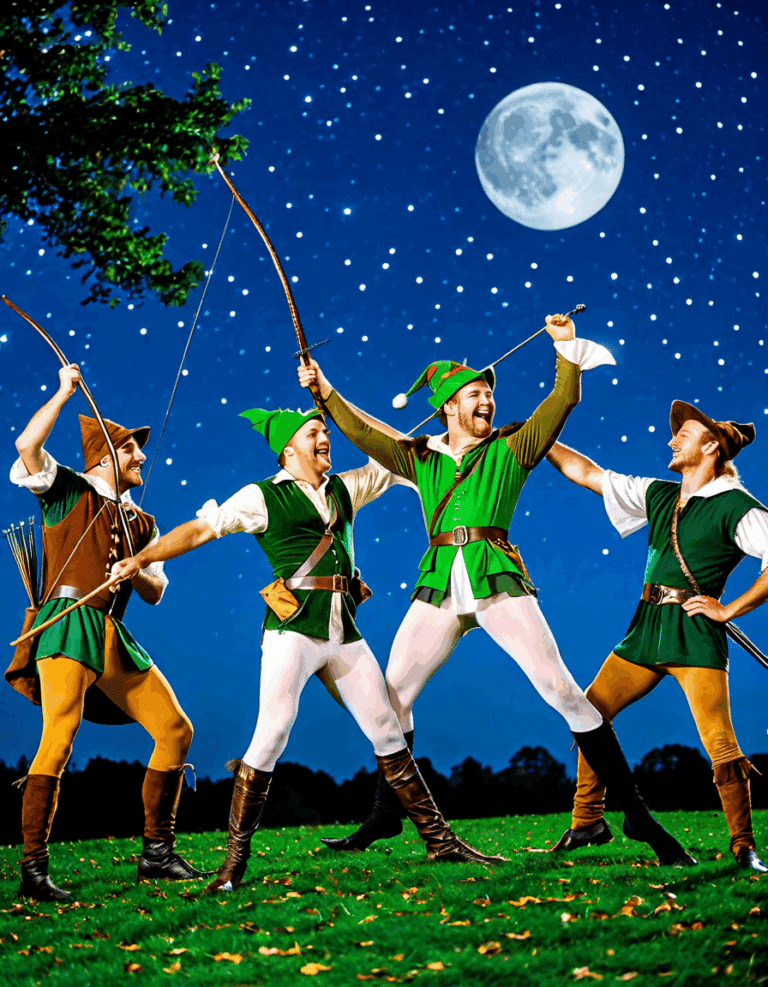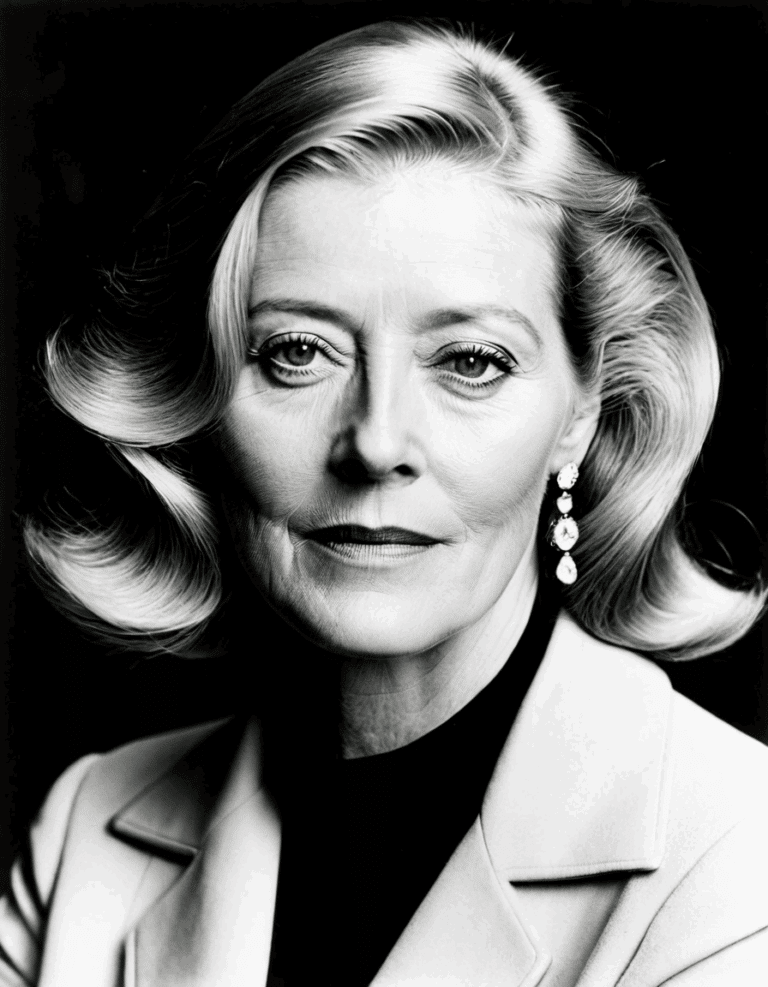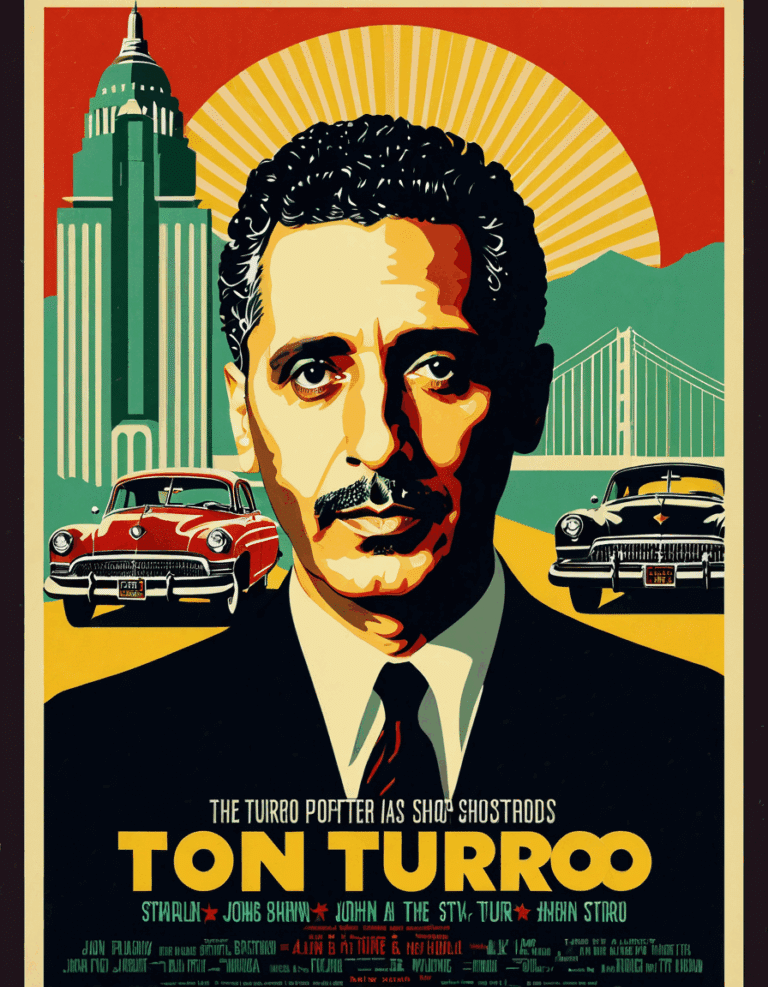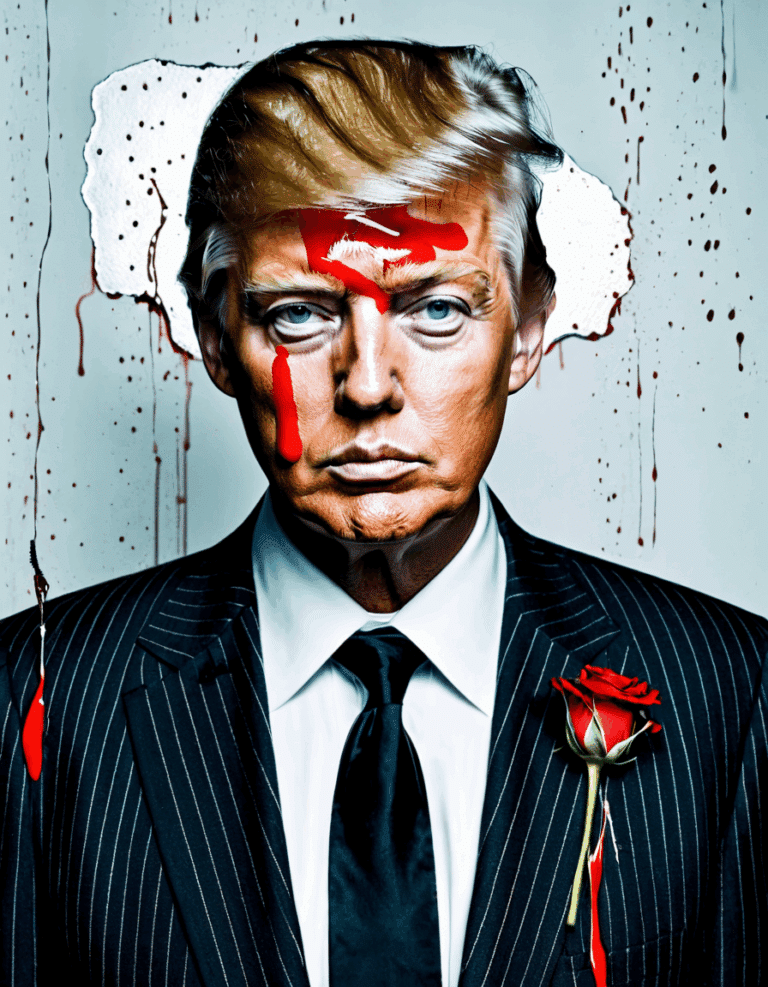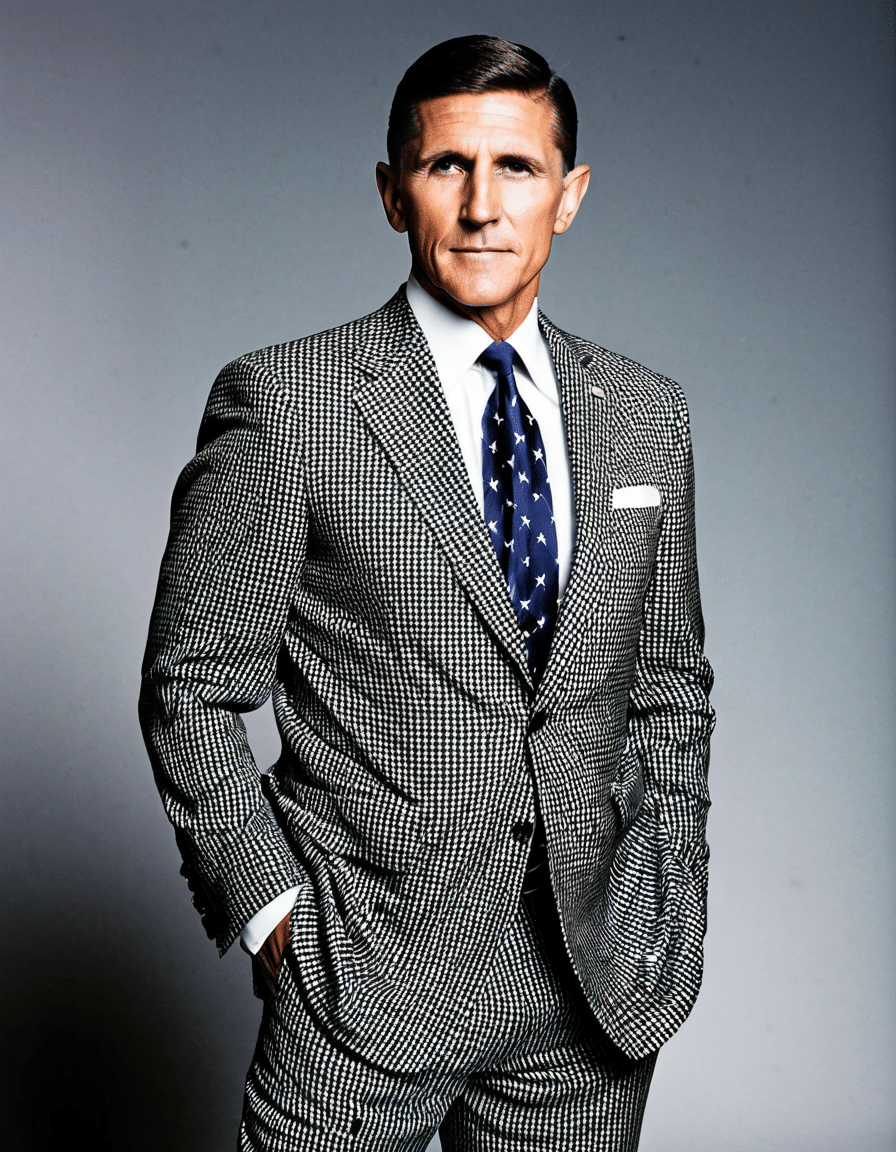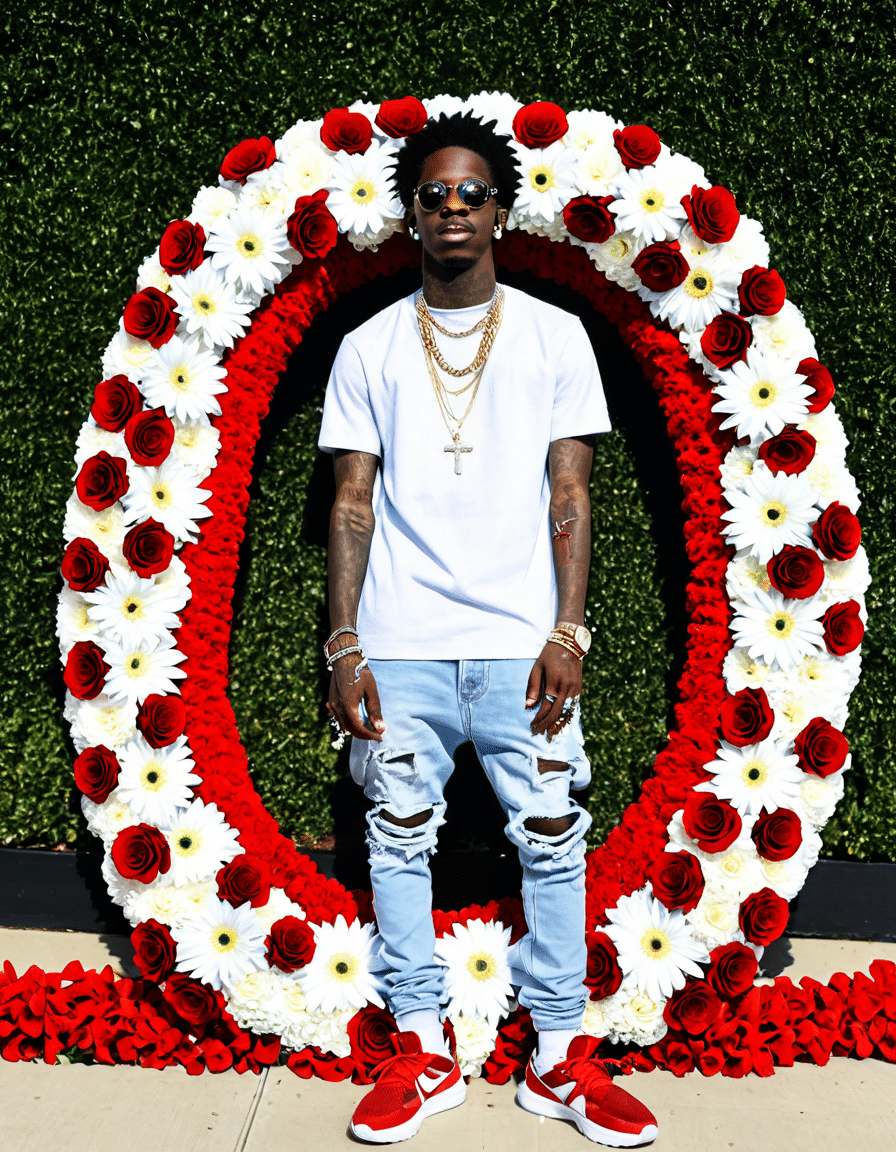Michael Flynn isn’t just a name in the political arena; he’s become a symbol of the America we live in today. With a biography that reads like a gripping novel, Flynn’s journey from a decorated military officer to a political lightning rod is both fascinating and telling. In a society burning with questions of loyalty, trust, and leadership, Michael Flynn embodies the tumultuous climate of contemporary American politics. Let’s delve deep into his rise, defining moments, and what his future might hold for the Republican Party and the nation at large.
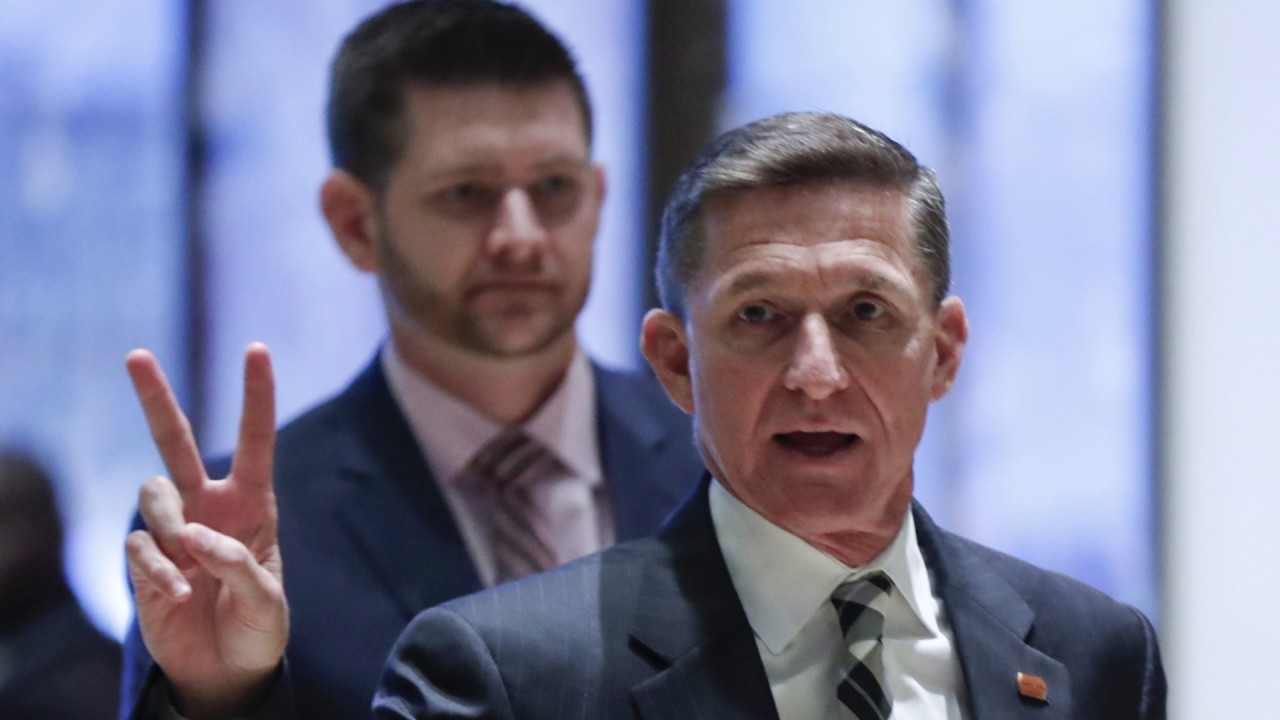
1. The Rise of Michael Flynn: A Titan of Controversy
Michael Flynn catapulted himself from military accolades to political complexities. Flynn’s military legacy is like a double-edged sword—a tapestry woven with honor but also fraught with contention. With roots tracing back to his time as the former head of the Defense Intelligence Agency, Flynn carried a prestigious title but also a hefty backpack of skepticism. Understanding his ascent offers insights into the scrambled eggs of national security, party politics, and personal ambition.
1.1 Dissecting His Military Legacy
Flynn made waves during his military tenure, most notably in counterterrorism. However, it wasn’t all smooth sailing. Colleagues described his leadership style as provocative, sometimes stirring the pot more than he was ready to handle. These contradictions have played a critical role in shaping his later political opera. It’s a classic case of the soldier whose courage in battle does not always translate into harmony among his comrades.
1.2 Transition to Politics: A Path Well Traveled?
Ah, the inevitable pivot into politics! Following military life, Flynn aligned himself closely with emerging populist themes, especially during the rise of Donald Trump. This shift not only showcased his flair for political maneuvering but also revealed a season of mistrust towards traditional institutions. His conspiracy-laden ideas about a so-called deep state resonate with the backbone of millions who feel abandoned by the establishment. All this creates a perfect storm for his controversial style to flourish.

2. Five Key Moments Defining Michael Flynn’s Political Influence
Flynn’s impact isn’t merely a whisper; it’s a full-on clarion call. Let’s break down some of the key events that have almost scripted his influence in American politics.
2.1 The 2016 Presidential Campaign and Its Aftermath
Flynn burst onto the scene during Trump’s 2016 crusade, rapidly transforming into a bulwark of rhetoric that resonated widely. His infamous “Lock her up” chants directed at Hillary Clinton rallied supporters, creating a spectacle that continues to echo in American politics. This fierce approach didn’t just bolster his reputation; it deepened kamikaze divisions within the electorate. Flynn understood the stakes, embracing drama as both a conversational starter and a political weapon.
2.2 The Russian Investigation: A Fateful Indictment
Then came the fateful moment of his indictment in late 2017. Flynn’s plea of guilty to charges of lying to the FBI ignited a firestorm around themes of foreign influence infiltrating American governance. This not only altered Flynn’s personal trajectory but also sparked a broader dialogue about integrity, allowing questions of espionage to loom large over the Trump administration. Suddenly, Flynn wasn’t just a player; he was the epicenter of a crisis.
2.3 The Pardon: A Return to the Spotlight
Fast forward to November 2020, when Trump descended from his golden tower to deliver a surprise act of contrition—granting Flynn a pardon. This highly debated decision sowed seeds of division around justice and accountability. Even as it bolstered Flynn’s image as a martyr among staunch Republicans, many others questioned the foundational flaws within the justice system. It was, if you will, a politically charged card trick that showcased Flynn’s resilience amid swirling controversy.
2.4 Advocacy for Conspiracy Theories: The Infodemic
Flynn’s advocacy for various conspiracy theories, particularly concerning the COVID-19 pandemic and the 2020 election, has fostered a radicalization of discourse that’s rippling through America. His endorsement of misinformation contributes to a growing landscape where truth succumbs to loyalty. This is no minor footnote. Flynn’s moves mark a significant shift in how political narratives are constructed and absorbed, like the frenzy that surrounded the Avengers: Endgame phenomenon—a mass culture of belief versus skepticism.
2.5 The Ongoing Influence: Cultivating a Political Movement
By 2026, Flynn’s shadow looms larger than before. His political strategies have become a source of inspiration among factions of the Republican Party, with some of the party’s vocal figures, like Marjorie Taylor Greene and Donald Trump Jr., carrying forth his ideologies. The grassroots movements energizing the base bear Flynn’s signature, signaling a shift in political engagement. He is a trendsetter, showcasing how direct action and populism can rally a people so often seen as fragmented.
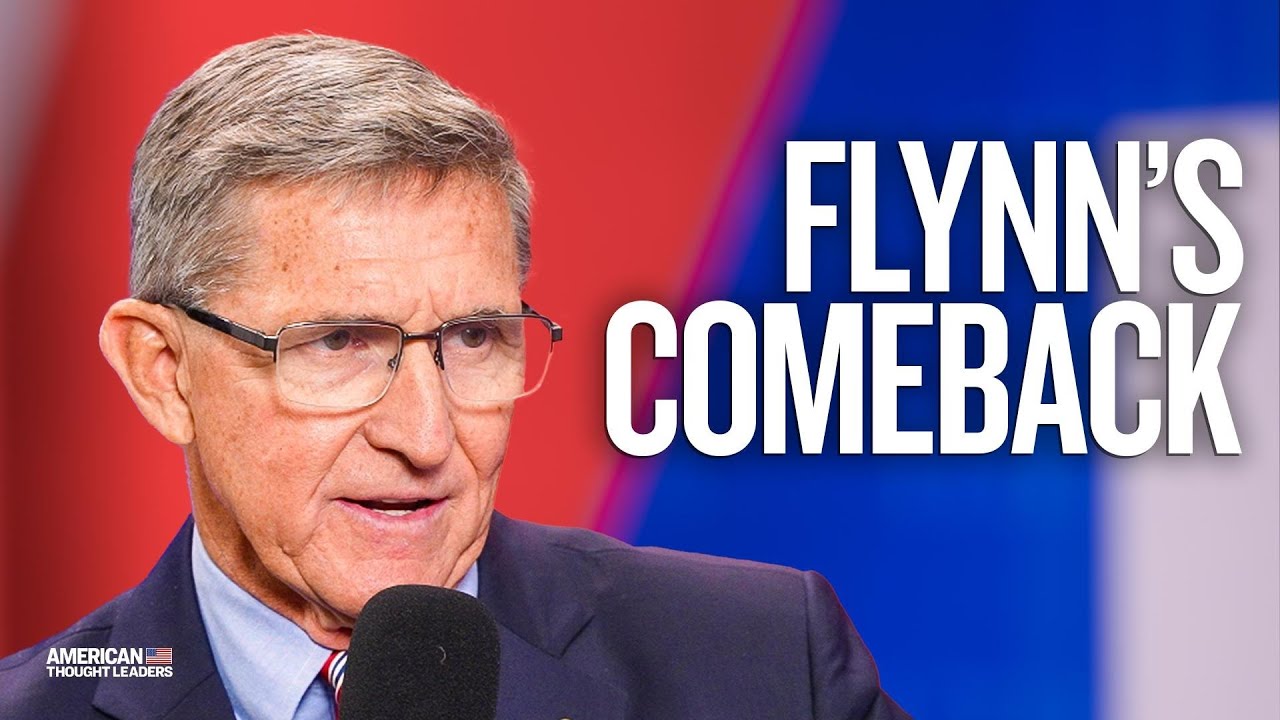
3. The Future of Michael Flynn: Implications for American Politics
Fast forward to 2026—and behold, Flynn remains a half-legendary figure in the GOP. He’s become a personification of the party’s struggles balancing moderates versus extremists. As the political landscape evolves, hostile debates about election integrity and foreign policy hang thick in the air. Flynn’s formative role in shaping arguments regarding integrity and governance will only grow, highlighting the new generation’s tussle with a polarizing political ethos.

4. The Legacy of Michael Flynn: A Dual-Edged Sword
The complexities surrounding Michael Flynn give birth to a dual narrative in American society. He exemplifies both the rejection and acceptance of traditional political norms. Flynn inspires discussions about leadership, loyalty, and truth at a time when these values are shrouded in fog. As the political class increasingly adopts his combative rhetoric, understanding Flynn’s impact will become crucial for voters and scholars alike. It’s an intricate dance through the minefields of a democracy irrefutably shaped by his actions.
Michael Flynn remains a wedge in the national consciousness, shedding light on the tumultuous pathways our democracy treads. His influence will likely continue to evoke both admiration and ire, stirring the waters of political rhetoric that captivate today’s readers and citizens alike. As we navigate this evolving saga, we must consider whether Flynn is a villain, hero, or merely a mirror reflecting our society’s deeply rooted fears and aspirations.

Michael Flynn: The Controversial Figure Shaping Politics Today
A Life of Service and Scandal
Michael Flynn, a retired Army general and former National Security Advisor, has had a rollercoaster career that’s fascinating yet polarizing. Flynn’s tactical prowess was on full display during his time in the military, where he adapted strategies that often drew from unexpected sources of inspiration. Did you know he’s known for being an early advocate of modern warfare tactics? While the specifics of his military strategy might not pack the same punch as the epic battles found in Avengers: Endgame, they certainly shaped how America engages in conflicts today.
Flynn’s rise to fame was closely tied to the intelligence community, but as we know, he also faced immense controversy, particularly about his ties to foreign governments. This controversy echoes in different corners of society, from the halls of power to communities grappling with issues like Foreclosures in My area. The aftermath of his actions raised questions about the integrity of the political system that reigns in current American politics.
A Touch of Personal Life
Interestingly, Flynn’s life isn’t just about politics; he’s also woven into the fabric of pop culture and social dynamics. For instance, his family’s journey is reminiscent of stories like that of Lisa Niemi, who overcame adversity in the public eye. While Flynn’s personal escapades might not be as glamorous as the star-studded life of Tosca Musk, they certainly added flavor to his narrative, with family ties playing a significant role in his public image.
Moreover, Michael Flynn’s story brings to mind the vibrant enthusiasm evident in community initiatives, like Si Se Puede, which inspire others to take charge of their circumstances. His controversial stances have galvanized supporters and opponents alike, resembling the divisions seen in entertainment fandoms—Bandwagon or die-hard fan; it’s like these two extremes danced off the screen in Jacob Elordi’s latest roles or the heated discussions around Kern County, California’s political atmosphere.
In an age where figures like Flynn can easily attract both adulation and disdain, the question remains: What legacy will he ultimately leave in American politics? Whether you’re a supporter or a skeptic, there’s no denying that Michael Flynn’s journey encapsulates the trials and triumphs of navigating the tumultuous terrain of modern governance.





